In defence of referees
I often wonder why anyone would choose to be a referee.
They’re expected to be of immense fitness, have laser accurate vision, have perfect judgement and to always make the right calls. Mistakes are never forgiven in the minds of those wronged, while people have no problem in telling them exactly what they think of them and their decisions.
We talk a lot about the mental states of athletes and the pressures they’re under, but how often do we stop to think about the psychology of the referee and the officials involved in our sports? Without them there would be no sport, and yet, they are subjected to constant physiological and psychological demands, with varying levels of support as they make very important decisions. They are human beings like you and me, and therefore their thought processes can be manipulated as well. Click here if you’d like to find out ways to bring a referee along your path of thinking!
Referees need to be fit and to be able to withstand verbal abuse from players, managers and fans, while being robust enough to not allow these factors influence their decision-making. In extreme cases, they have to deal with assault and death threats. Let’s not forget that football referee Anders Frisk felt he had no choice but to retire after he was hit by a coin from the stands leaving him bleeding heavily, and later when death threats were made against his family.
In Ireland, Gaelic games referees are often escorted off the field by members of the Gardaí. Some sports are better than others in assisting their officials. Rugby and tennis lead the way with video technology and assistants, while rugby has done its best to encourage a culture where a referee’s decision is respected. The GAA has implemented Hawk-Eye technology at some of their grounds, but unfortunately that doesn’t help the referee who’s officiating everything else in-between the scores. Hurling, in particular, is posing a challenge.
Expecting 100% accuracy off one person with limited support is madness, and those critical of referees should take a look in the mirror and ask themselves if they’d do any better. There’s also the added pressure of anyone and everyone pointing out errors from broadcasters to everyone on social media, and abuse from players, coaches and spectators. It all blends up into a cocktail of mental constraints, and it makes big decisions even more stressful, especially if they have huge consequences for the outcome of a game. This is why referees sometimes bottle it.
Referees need more psychological supports, and they need to learn coping strategies to help deal with the challenges of officiating. The next time you catch yourself about to bellow at a referee from the stands, try to remind yourself that you might also make the same mistake, unless you somehow, above everyone else on this planet, have been gifted with all the traits of officiating perfection.




